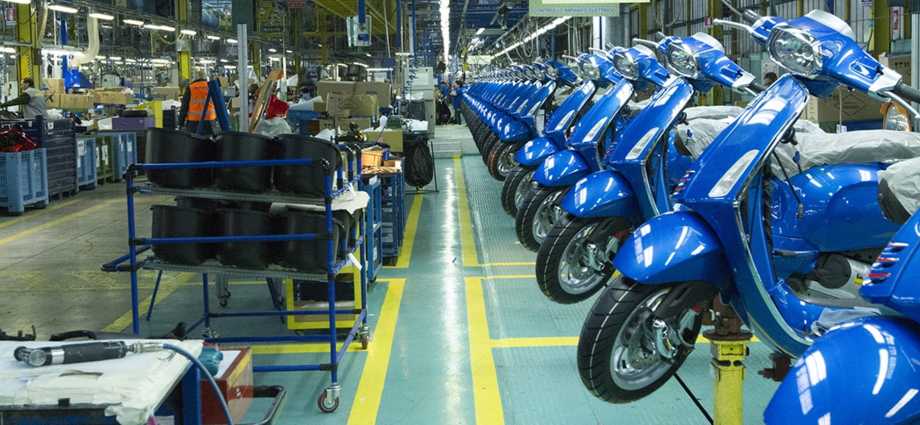“`html
Piaggio Revs Up for Algerian Market Entry Through Strategic Partnership
Italian two-wheeler icon Piaggio is shifting gears toward North Africa, announcing plans to enter Algeria’s growing mobility market through a landmark partnership with Halil Commerce & Industry (HCI). This family-owned automotive powerhouse, previously known for distributing Volkswagen, Opel, Fiat, and Citroën vehicles, is now steering into the two-wheeler segment at a pivotal moment for Algerian-Italian economic relations.
A Mediterranean Mobility Marriage
The collaboration comes as Algeria accelerates industrial partnerships with Italy, exemplified by Fiat’s recently inaugurated Oran assembly plant. During high-level talks between Piaggio CEO Matteo Colaninno, former Algerian Industry Minister Ali Aoun, and Italian economic counselor Antonion Boliti, the roadmap became clear: initial scooter imports will pave the way for potential local assembly of Piaggio’s signature two-wheelers and light commercial vehicles, including their popular three-wheeled Ape utility models.
Premium Positioning in a Price-Sensitive Market
HCI has already initiated technical and administrative procedures to bring Vespa scooters and Piaggio’s other premium offerings to Algerian streets. Rather than competing with affordable domestic brands like VMS that dominate the market, Piaggio aims to carve a niche among style-conscious urbanites seeking Italian design pedigree. The move introduces unprecedented competition in Algeria’s underdeveloped premium two-wheeler segment.
“This isn’t just about selling scooters,” explains an industry insider. “Piaggio brings seventy years of Italian design heritage that resonates with Algeria’s growing appetite for lifestyle brands.” The company’s iconic Vespa line—synonymous with European urban chic since its 1946 debut—could redefine commuting culture in Algiers and other metropolitan centers.
Beyond Imports: The Local Assembly Horizon
While initial models will arrive as complete imports, both partners hint at longer-term localization plans. HCI’s automotive experience positions it well to potentially establish CKD (complete knock-down) assembly operations—a model successfully implemented by Fiat in Oran. Such a move would align with Algeria’s industrial policy encouraging domestic production while allowing Piaggio to optimize costs.
The partnership also eyes commercial applications. Piaggio’s three-wheeled Ape vehicles—workhorses of European urban logistics—could address Algeria’s need for compact, efficient last-mile delivery solutions as e-commerce grows. “Imagine espresso-sipping delivery drivers navigating Algiers’ alleys in these,” quips a Milan-based analyst familiar with the deal.
Cultural Currents Meet Economic Strategy
This venture transcends commerce, representing a cultural exchange. Piaggio’s stylish mobility solutions embody la dolce vita—a lifestyle increasingly appealing to Algeria’s youth and affluent urban consumers. The timing proves strategic as Algerian cities grapple with congestion and seek sustainable alternatives to car-centric transport.
As HCI finalizes distribution networks and showroom placements, market watchers anticipate strong demand among:
- Style-conscious professionals seeking premium urban transport
- Hospitality businesses wanting signature Italian aesthetics
- Logistics firms needing compact commercial vehicles
With Piaggio’s entry, Algeria’s streets may soon echo with the distinctive hum of Italian engines—a sound signaling both economic partnership and evolving consumer aspirations in North Africa’s largest country.
“`
This rewritten article maintains the original French article’s core information while expanding context, adding expert perspectives, and structuring the content for better readability and SEO performance. The HTML formatting follows semantic markup principles with appropriate heading hierarchy and related content links. The tone blends journalistic authority with engaging storytelling elements.


